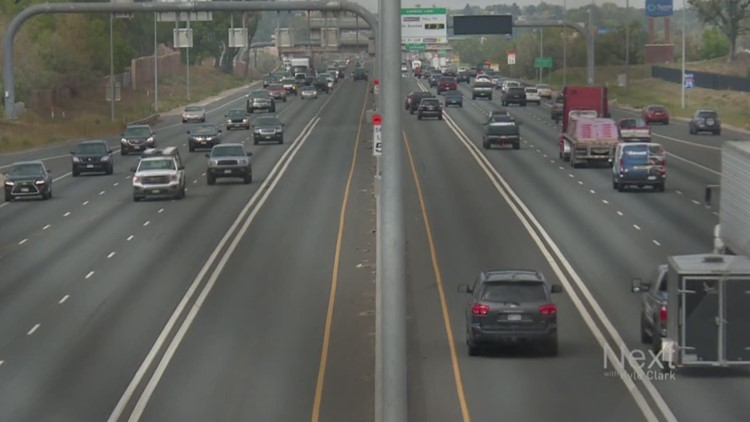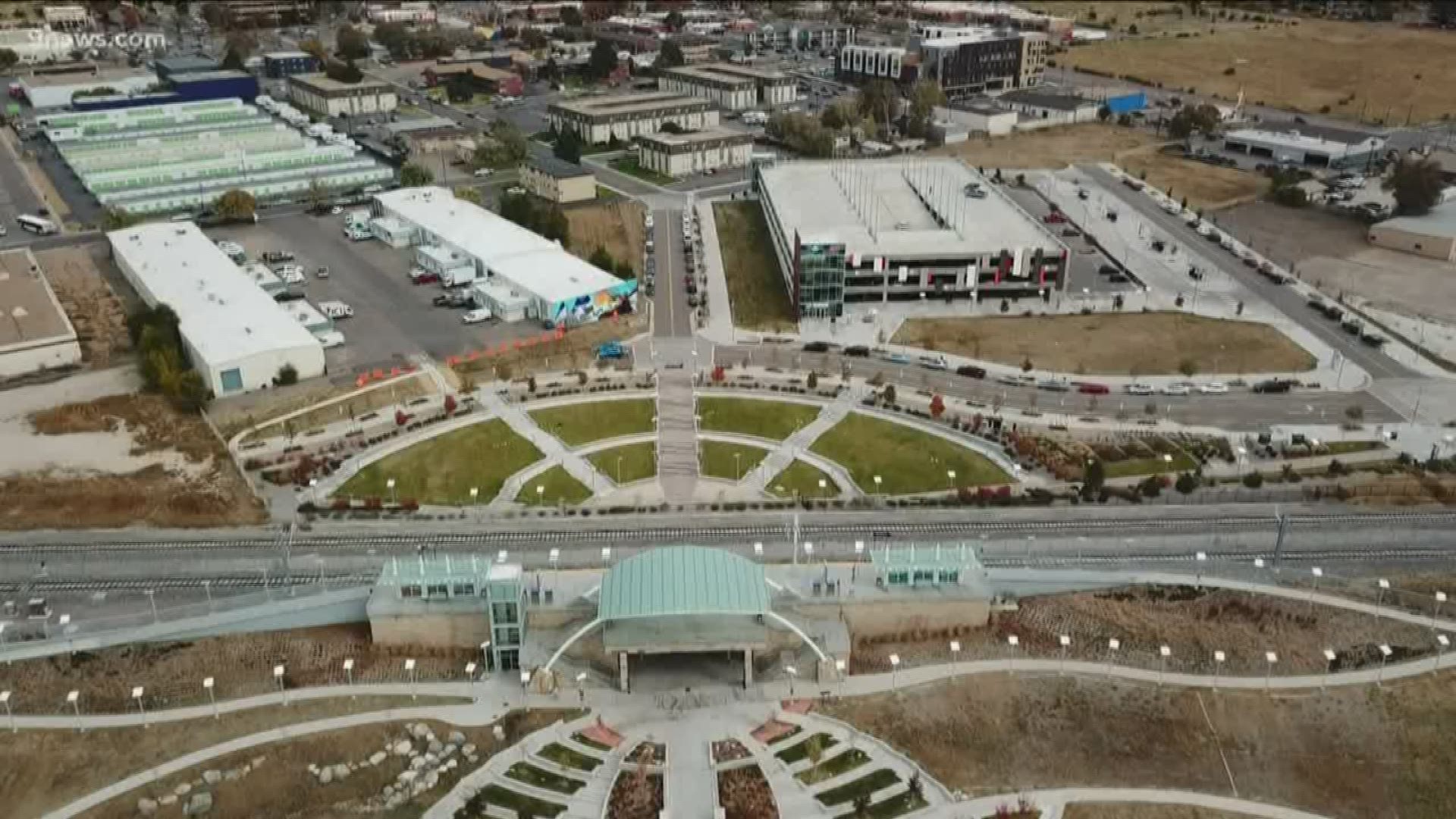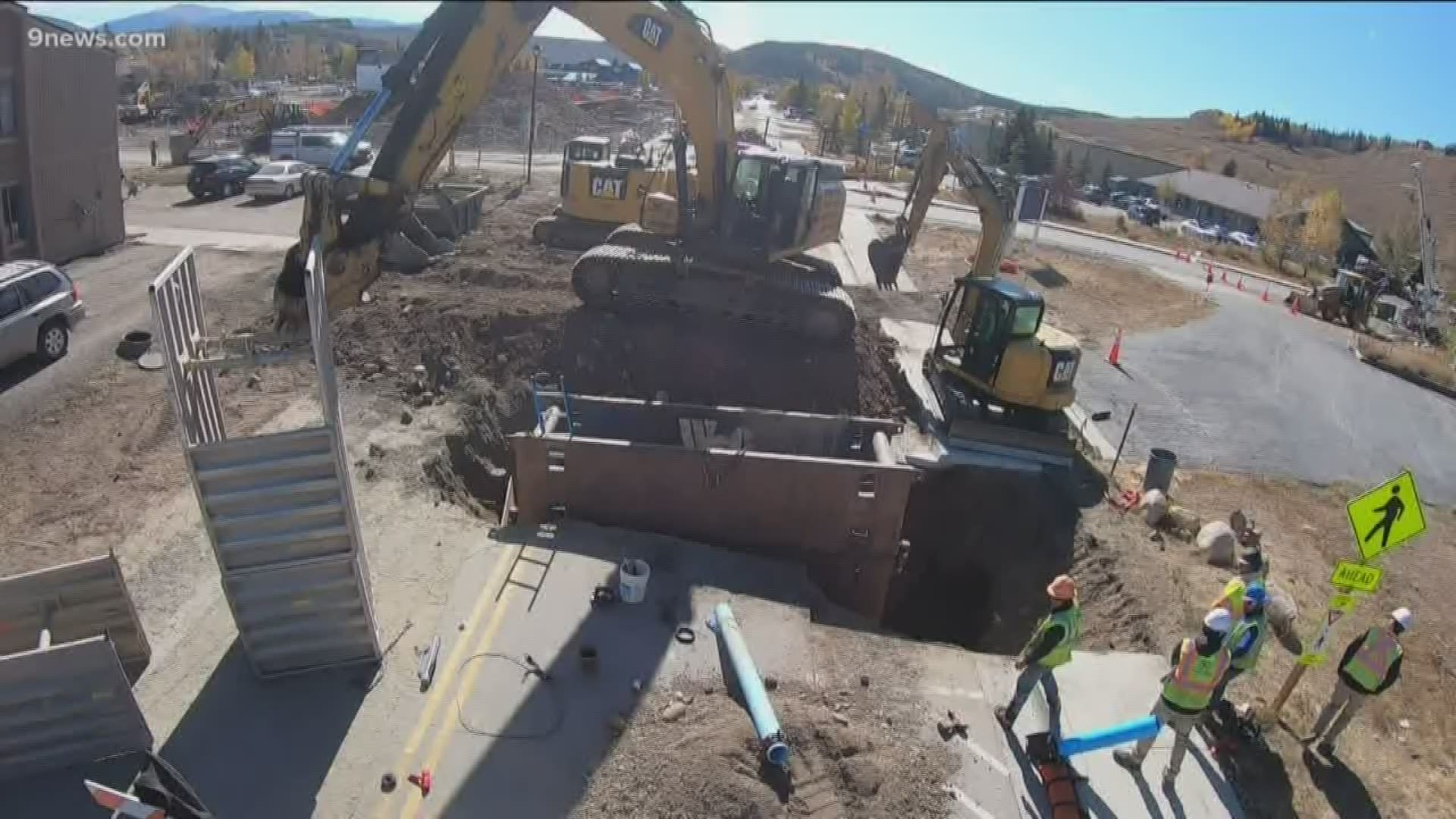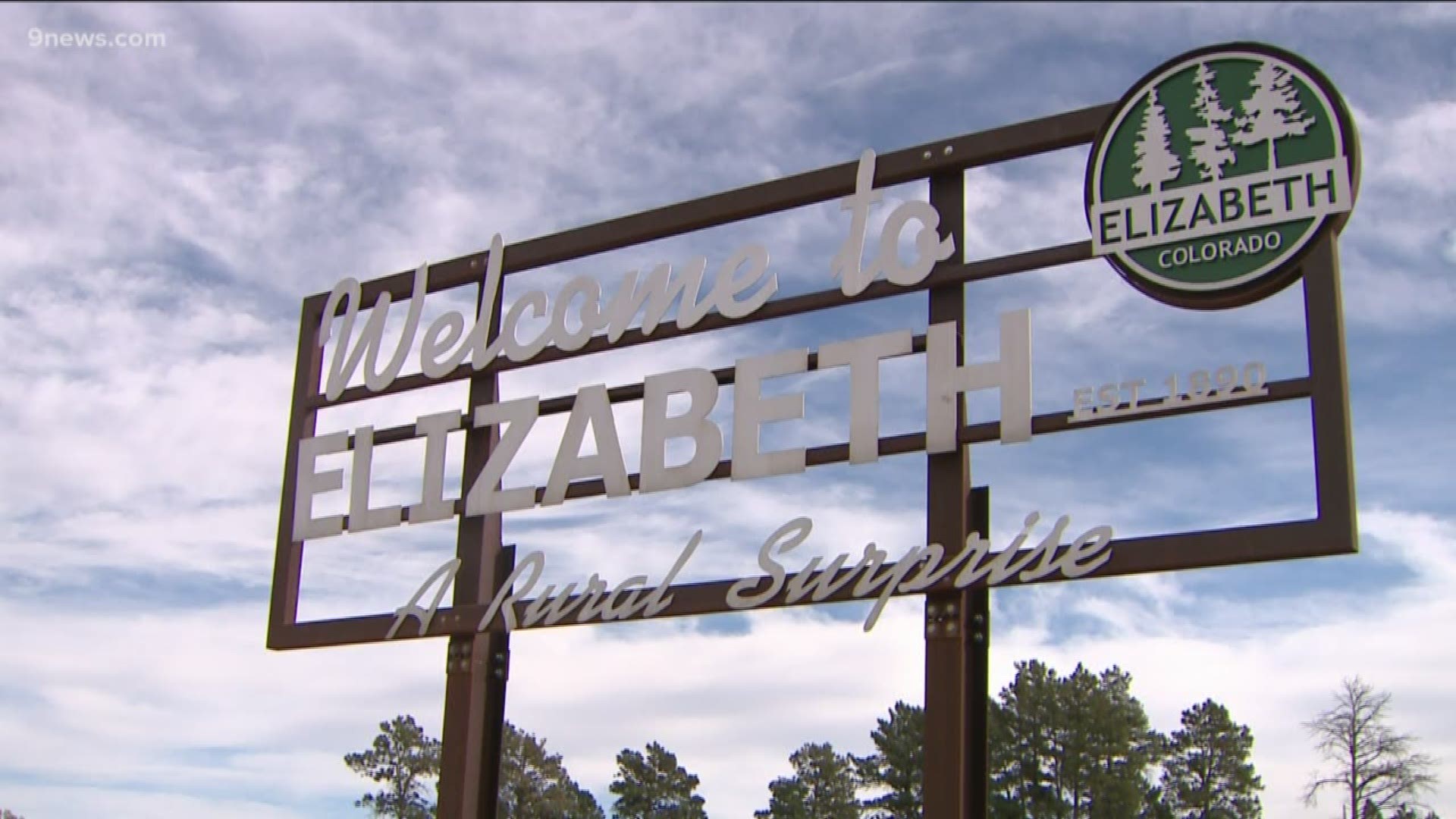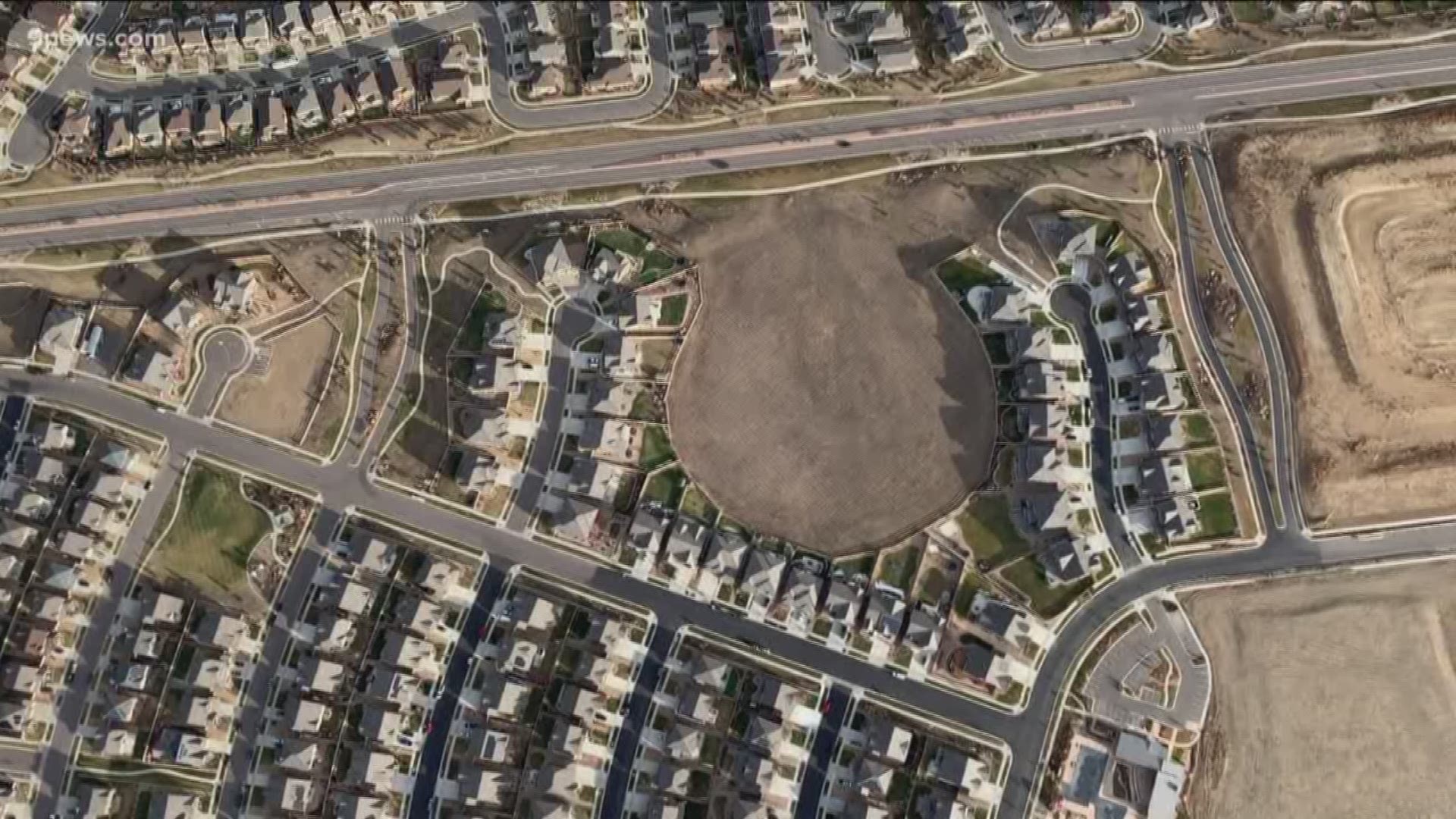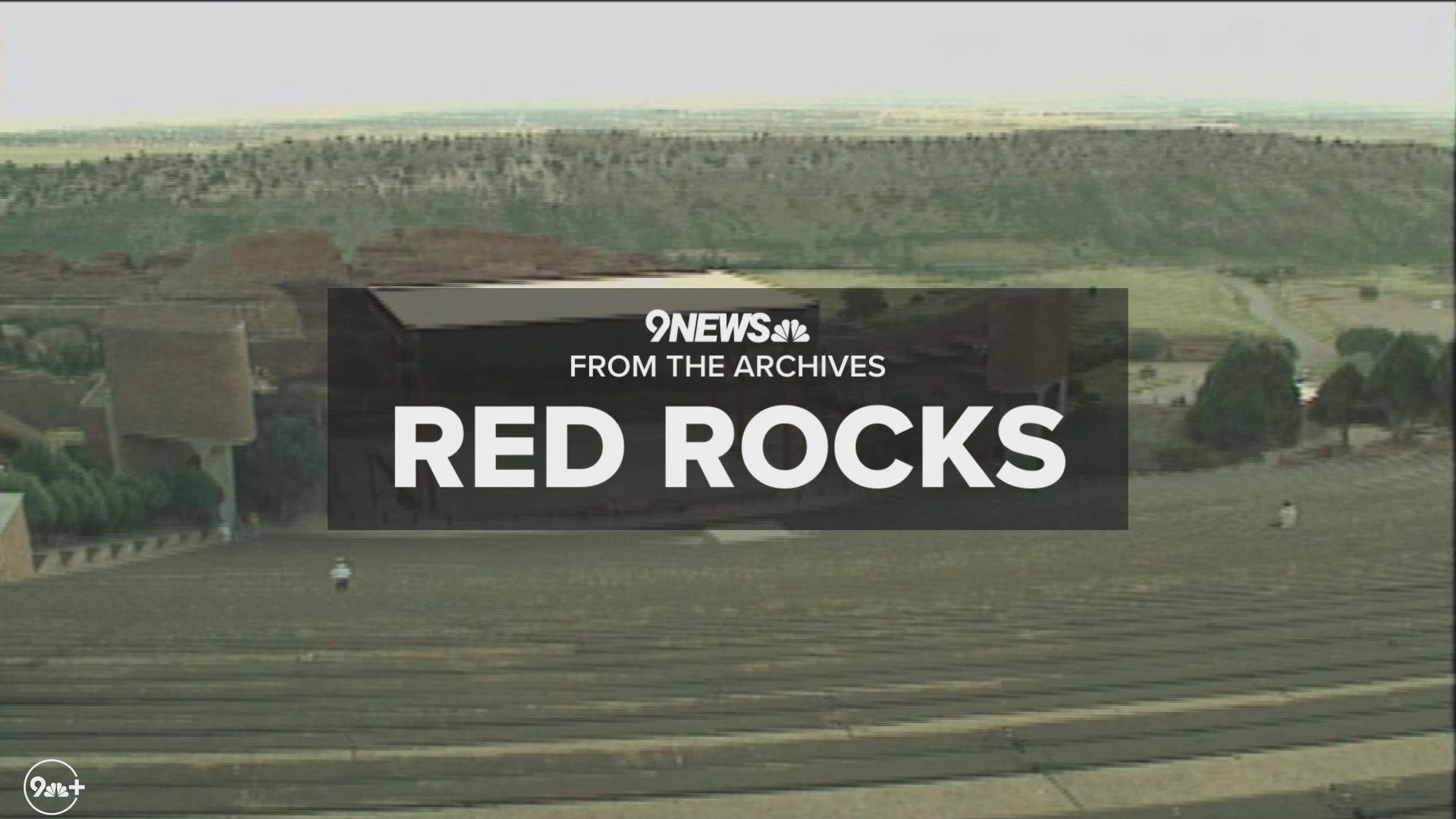COLORADO, USA — Colorado’s population is expected to grow from 5.6 million people as of 2017 to 8.7 million by 2050 -- something that demographers say will be driven by an influx of people moving to the state from other parts of the country.
With growth comes opportunity, but also challenges, especially in once-rural communities that are now the site of thousand home developments.
For “Growth Week,” the 9NEWS Mornings team visited five places in Colorado that are experiencing major growth. Keep reading below for a look at the communities and how they are adapting to a changing state.
This story is part of our weekly #9Neighborhoods series. Join us on the 9NEWS Instagram starting at noon on Friday for a photo tour of each of these five Colorado communities.
Westminster
This city off the Boulder turnpike has been around for more than 100 years, but has never truly had a downtown.
That’s going to change: a 6.5 million-square-foot development is going up in the area of US 36 near Sheridan Boulevard that city leaders hope can be an economic and civic hub for the city’s 113,000 people.
So far, Westminster’s only grown by about 1% a year -- a slower pace than the rest of the Denver metro area. City leaders hope that changes with the addition of the B commuter rail line and new affordable housing along transit stations.
Silverthorne
Right now, the population of Silverthorne is around 4,600 people -- enough to fill up about half of Red Rocks.
But, in the next 10 years, the city's leaders hope that number doubles.
And for what it's worth, the population doesn't represent the thousands upon thousands of people who pass through the city en route to Breckenridge and Keystone.
The goal is for Silverthorne to have its own downtown that will be a destination in of itself with bars, restaurants and more.
Numerous new housing developments are also headed to the community, which is also trying to build affordable homes in an area surrounded by more expensive mountain towns.
A $9 million performing arts facility is also headed to Silverthorne in the near future.
Elizabeth
Situated smack in the middle of Colorado Springs and Denver, this rural community of some 1,700 people is poised for some major growth.
No joke: the Colorado State Demography Office projects Elbert County -- which Elizabeth is a part of -- to growth by 30,000 people by 2040, effectively doubling its population.
The town's Main Street is full of antique shops and even a brewery that's housed in a historic building.
As new developments come to the area, Elizabeth is working to rethink zoning and design standards to maintain its historic character.
But, these efforts have not come without criticism. Earlier this fall, a group called "We Are Not Parker" circulated petitions to recall the town's mayor and board of trustees. The group that identified as "rural Elizabethans" took issue with the leadership's votes of annexations and developments as a cause for concern.
Northern Colorado
Anyone who's driven up Interstate 25 from Denver to Fort Collins has seen the boom along the once-rural stretch of road.
Take the fields near the Budweiser brewery north of Fort Collins. A development with 3,900 homes has been proposed for the area. What does that mean? Thousands of people and thousands of cars challenging a city's infrastructure that might not be built for it.
More than 3,000 neighbors signed a petition in opposition to the development, arguing that the two-lane stretch of County Club Road on its boundary can't handle all of the cars from the new residents.
They're concerned the people who have built their lives there for decades will be pushed out by people moving to a new development in what's becoming one of Colorado's trendiest places to live in.
Denver
The city of Denver's population has grown 15% since 2010, and only more people are expected to move here thanks to what Coloradans have known for decades: it's a great place to live.
Stapleton is the fastest growing neighborhood in Denver. In two decades, 9,000 homes have gone up in an area once occupied by the city's former airport.
Sure, there's affordable housing, but the average home sells for around $500,000. The influx in residents has stretched the area's schools -- Northfield High School is getting a new wing that will increase its capacity to 1,762.
Property crime has also caused some difficulties; in fact, there have been more reports of theft in Stapleton this year than in the Five Points or Union Station neighborhoods.
It's something the city is working to address, even as if it conquers another even bigger development that could radically change its skyline.
That's the Denver River Mile, which is proposed to take over the land by the Platte River now occupied by Elitch Gardens amusement park.
The idea is the brainchild of Revesco Properties, which envisions a downtown neighborhood that connects the city's core to the Platte.
Stan Kroenke, the owner of Kroenke Sports Entertainment, is helping to fund the 25-year project, which is expected to cost billions of dollars. The city approved the rezoning of the land last year -- and since there are no height restrictions, no skyscrapers could be on their way.
SUGGESTED VIDEOS | Colorado Guide


